Yuzu Emulator Shuts Down After Surprise Settlement With Nintendo
In a shocking turn of events, the developers behind the popular Yuzu Nintendo Switch emulator have agreed to permanently shut down the project as part of a sudden settlement with Nintendo.
(HEY YOU!! We hope you enjoy! We try not to run ads. So basically, this is a very expensive hobby running this site. Please consider joining us for updates, forums, and more. Network w/ us to make some cash or friends while retro gaming, and you can win some free retro games for posting. Okay, carry on 👍)
In a statement included in today’s joint motion, Yuzu’s developers acknowledged the monetary relief as fair, considering the potential range of damages and legal costs that could have been incurred from a full trial. The settlement also includes a permanent injunction against Yuzu, effectively marking the emulator’s demise. The injunction prohibits:
- All actions related to the distribution, marketing, and development of Yuzu.
- Any attempt to circumvent the injunction through the creation of new entities or other means.
- Usage and transfer of the Yuzu-emu.org domain name to Nintendo.
- Deletion of all copies of Yuzu and any development tools associated with its creation
Just last week, Nintendo filed a lawsuit against Yuzu, claiming the emulator enabled widespread piracy of Nintendo games. The suit specifically called out the recent leak of the highly anticipated game The Legend of Zelda: Tears of the Kingdom using Yuzu prior to release.
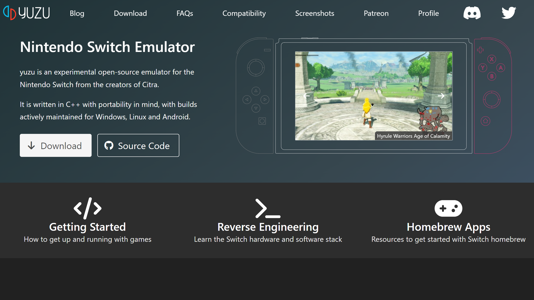
Nintendo is pushing for the judge to agree with the following statement:
“Developing or distributing software, including Yuzu, that in its ordinary course functions only when cryptographic keys are integrated without authorization, violates the Digital Millennium Copyright Act’s prohibition on trafficking in devices that circumvent effective technological measures, because the software is primarily designed for the purpose of circumventing technological measures.”
At first, it seemed Yuzu’s creators were gearing up to fight the lawsuit, hiring legal counsel to defend against Nintendo’s claims. But in a totally unexpected joint motion today, the Yuzu developers agreed to pay Nintendo a hefty $2.4 million in damages and completely cease development and distribution of the emulator.
This is a huge blow to the emulation community, as Yuzu was one of the most popular and user-friendly ways for PC gamers to play Switch games. Its abrupt demise leaves competitors like Ryujinx vulnerable to potential legal action from Nintendo in the future.
The settlement terms require Yuzu’s creators to delete all copies of the emulator’s source code and software tools, effectively wiping it off the internet. They are also bound by a permanent injunction barring them from ever working on or hosting any version of Yuzu again. The Yuzu website and domains will be forfeited to Nintendo’s control.
It’s a dramatic reversal from similar emulator lawsuits in the early 2000s, when Connectix and Bleem! both prevailed over Sony. But modern anti-circumvention laws like the Digital Millennium Copyright Act have uncertain implications for emulators that bypass encryption. Rather than gamble on an expensive trial, Yuzu’s developers took the safe route and settled, even if it meant ending their work.
Following the settlement, an update from Yuzu’s lead developer, Bunnei, was posted on the Yuzu Discord channel. The announcement confirmed the immediate discontinuation of Yuzu and its support for Citra (another popular emulator). The developers expressed their disappointment over the emulator’s misuse for piracy, which led to their decision to halt operations.
Hello yuz-ers and Citra fans: We write today to inform you that yuzu and yuzu’s support of Citra are being discontinued, effective immediately.
yuzu and its team have always been against piracy. We started the projects in good faith, out of passion for Nintendo and its consoles and games, and were not intending to cause harm. But we see now that because our projects can circumvent Nintendo’s technological protection measures and allow users to play games outside of authorized hardware, they have led to extensive piracy. In particular, we have been deeply disappointed when users have used our software to leak game content prior to its release and ruin the experience for legitimate purchasers and fans.
We have come to the decision that we cannot continue to allow this to occur. Piracy was never our intention, and we believe that piracy of video games and on video game consoles should end. Effective today, we will be pulling our code repositories offline, discontinuing our Patreon accounts and Discord servers, and, soon, shutting down our websites. We hope our actions will be a small step toward ending piracy of all creators’ works.
Thank you for your years of support and for understanding our decision.
The swift termination of such a high-profile emulator could have a chilling effect on emulator development going forward. Nintendo has clearly notched a major legal victory. Whether or not this sets a precedent for broader emulator crackdowns remains to be seen.
Of course, a widely used program like Yuzu won’t disappear completely overnight. Its source code has already been archived and shared among the emulation scene. It’s possible Yuzu could live on under a new name, but the looming threat of further Nintendo legal action makes that unlikely.
For now, the Switch emulation landscape has been dramatically upended. Yuzu’s devoted user base will need to find alternatives like Ryujinx. However, without clarity on DMCA circumvention laws, the future of Switch emulators seems uncertain.
Nintendo and Yuzu settled before going to trial, so this decision carries no direct legal weight regarding emulators’ DMCA status. But it may spur lawsuits against other emulators that can’t afford long legal conflicts.
In the end, Yuzu’s creators decided the risks of fighting Nintendo head-on outweighed any potential reward. Their sudden settlement and agreement to destroy all traces of Yuzu makes that clear. This massive emulator takedown is an undeniable victory for Nintendo’s anti-piracy crusade, regardless of its implications for emulator legality.
For now, Switch emulation has been severely disrupted. The ripple effect of this settlement raises questions about the fate of other emulation projects like Ryujinx. While the settlement with Yuzu does not establish a legal precedent, it may trigger a series of legal actions against other emulators that lack the resources to engage in a protracted legal battle with a corporation as formidable as Nintendo.
 Retro Replay Retro Replay gaming reviews, news, emulation, geek stuff and more!
Retro Replay Retro Replay gaming reviews, news, emulation, geek stuff and more!
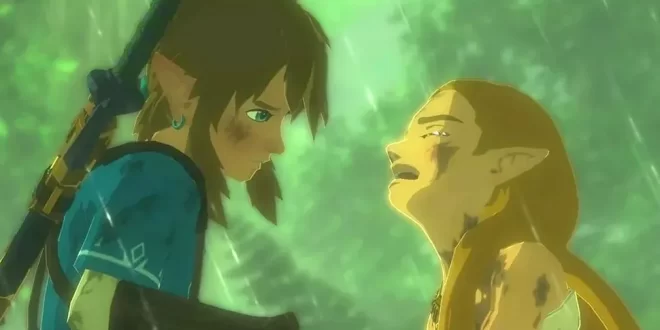
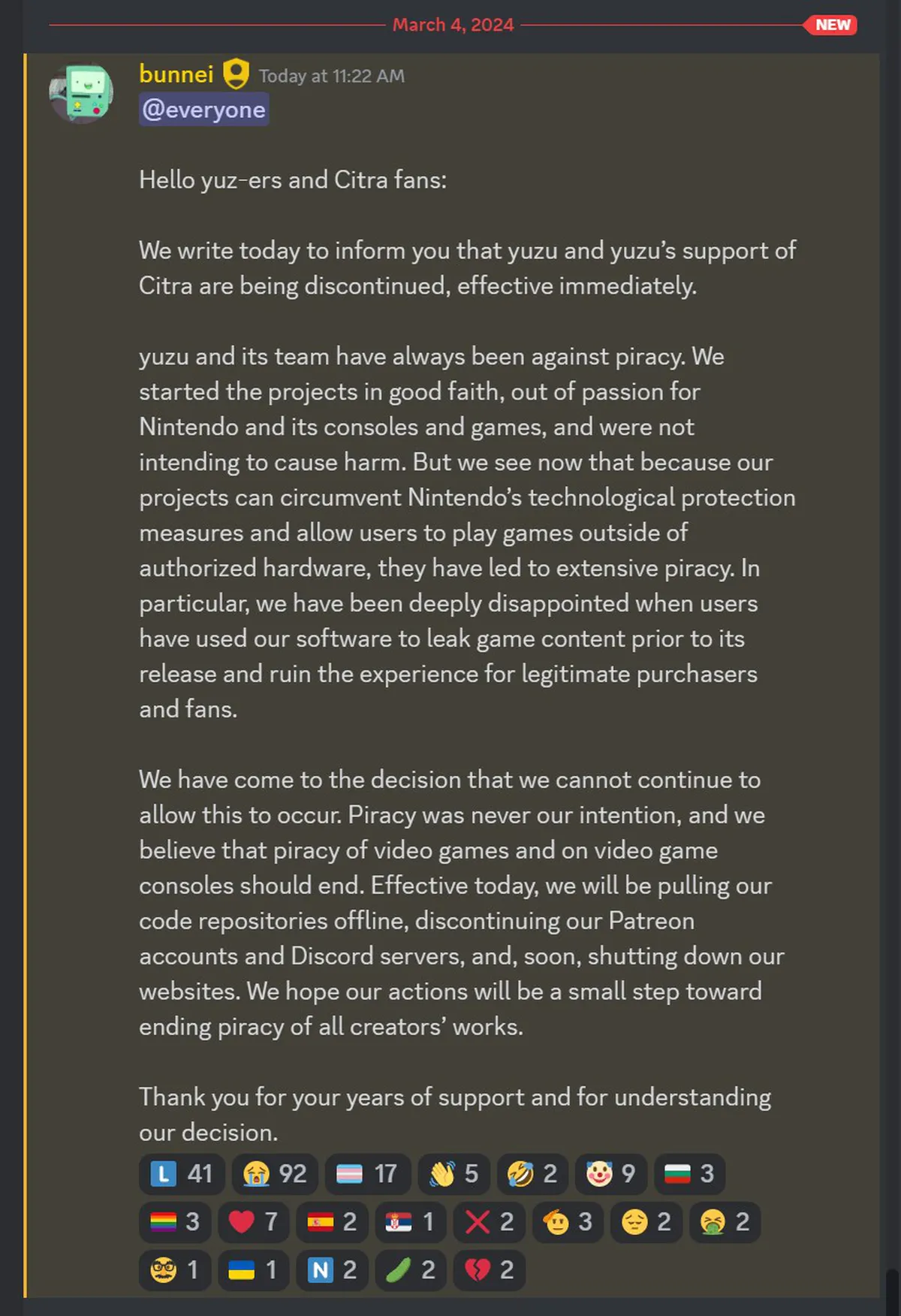


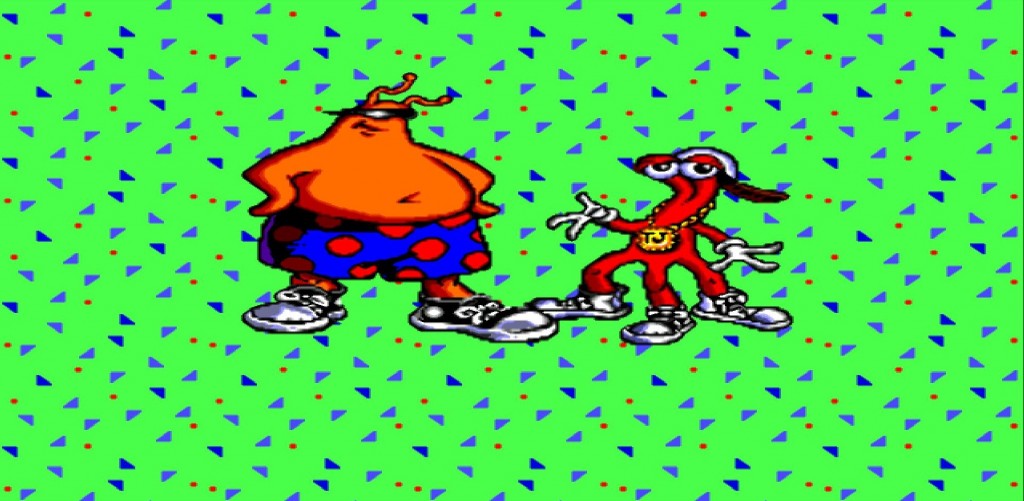
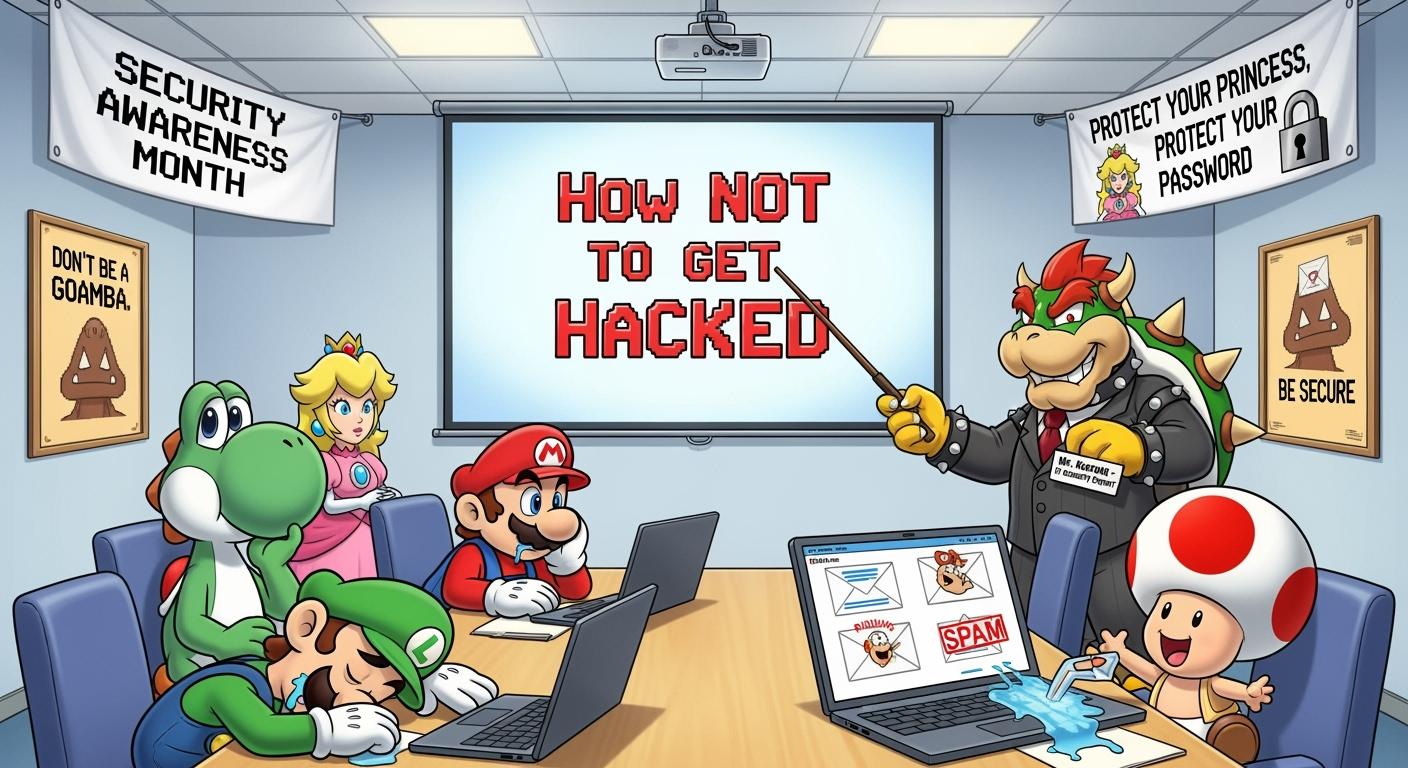
One comment
Pingback: Hacker Ryan Daley Ordered to Pay Nintendo $2 Million in Switch Modding Lawsuit